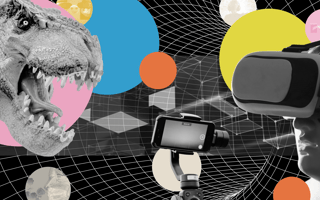Netflix’s pivot away from mailing DVDs to customers started 15 years ago this month with the launch of its internet-based streaming service. Fifteen years before that, America Online — which is synonymous with the internet’s early days in the United States — was still working on the first version of its internet browser for the Windows operating system.
All of which goes to say that, as far as the internet goes, a lot has happened in a very short time. So we decided to explore how these technological changes have shaped the media and culture we engage with.
For example: Film directors frame their shots differently these days to accommodate small-screen streaming, and video game engines negate the need for expensive, elaborate physical sets. The quest to perfect scent-based immersion forges on, undeterred by Smell-O-Vision’s questionable honor of being named by TIME Magazine as one of the last century’s worst ideas. And emerging tech concepts like quantum computing have spawned a whole genre of speculative fiction that gets all the details wrong, for the most part.
But creative endeavors can drive technological innovation as well, which is why some major tech companies have developed artist-in-residence programs.
Technology has also spawned entirely new forms of media: Across the world, artists are incorporating artificial intelligence into their work by teaching computers how to paint or partake in interactive exhibits. Blockchain technology has generated new interest in art collection and enabled some creators to make a living from their art — though others argue the benefits of NFTs are overstated. Communities of all sizes and walks of life find common expression through memes that make literally no sense to an outsider. And video games have evolved from stories with beginnings, middles and ends, to living ones more analogous to what you’d find in a long-running network television show.
Oh, and one reporter asked what venture capitalists think about his pitch for a dinosaur theme park startup. (It seemed like a good idea at the time.)
We hope you enjoy the journey as much as we did.
– Andreas Rekdal, Senior Editor, Features
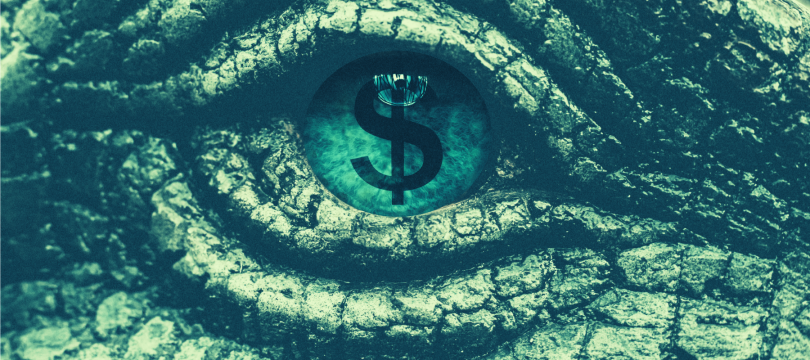
I Pitched Jurassic Park to Investors. Here’s What They Said.
Venture capitalists use slightly different criteria for evaluating moonshot startup ideas — dinosaur amusement parks included.
By Hal Koss
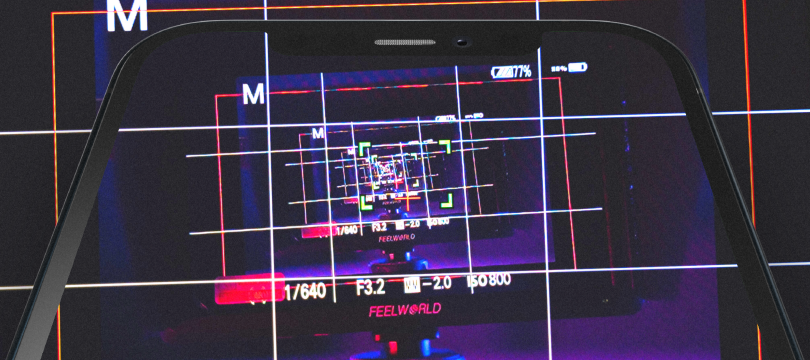
How Tech Is Rewriting the Script for Hollywood
Streaming entertainment and small-screen viewing are altering the way movies are made, as are efficient, behind-the-scenes tools.
By Lisa Bertagnoli
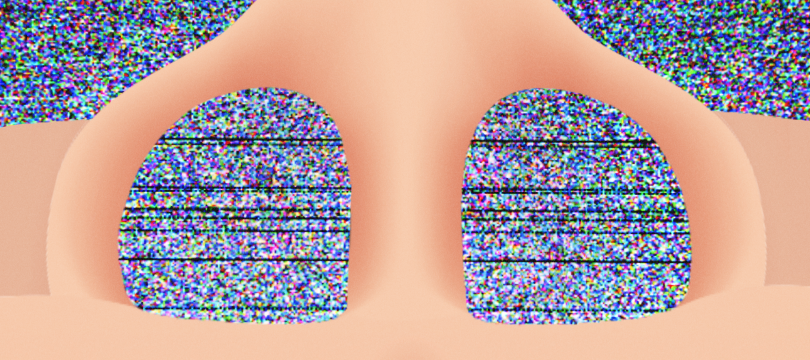
The Metaverse, in Glorious Smell-O-Vision!
Scent-based immersion could be coming soon. Will the public have a nose for it?
By Stephen Gossett
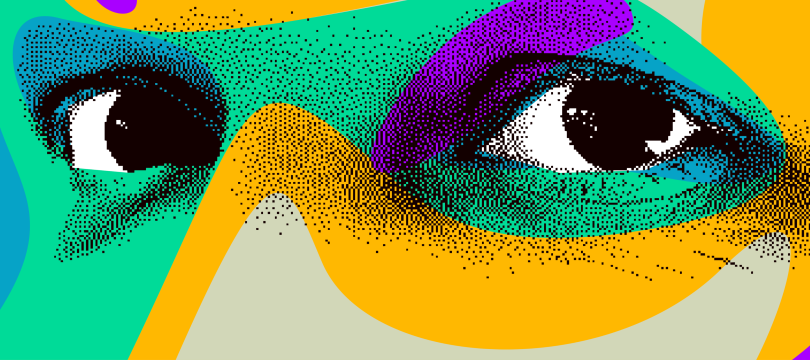
Can AI Make Art More Human?
For some artists, the answer is yes.
By Brian Nordli
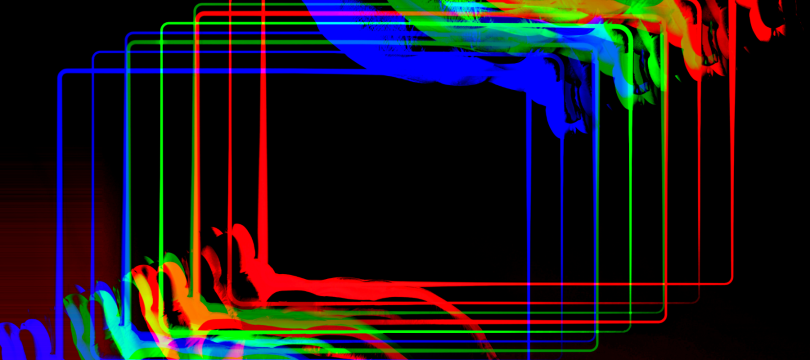
Stoner Cats, KBots and CRYPTOSQUIDS: How Artists Are Adapting in the NFT Era
The emergence of cryptoart is changing how artists make, sell and think about their work.
By Alexandria Jacobson

In on the Joke: The Esoteric, Hilarious World of Instagram Memes
Instagram memes are having a moment. Here’s how the people making them are building community offline.
By Sunny Betz

Quantum Computing Movies: How Realistic Are They?
We talked to an expert about the science fiction trope.
By Tammy Xu

The Never-Ending Story
How live-service games upended the creative process, from writing to development.
By Kerry Halladay

When Art and Technology Collide
The symbiotic relationship between artists and technologists has enhanced the creation, and consumption, of art.
By Dawn Kawamoto

